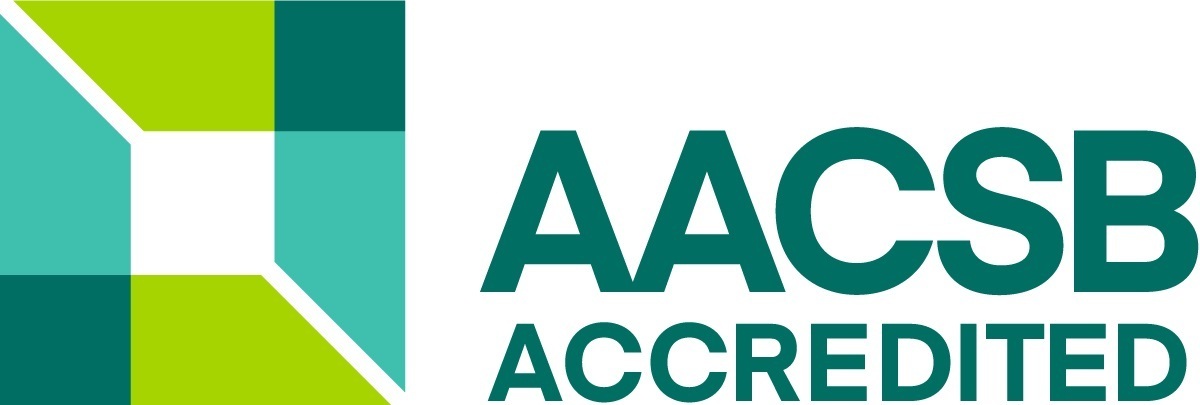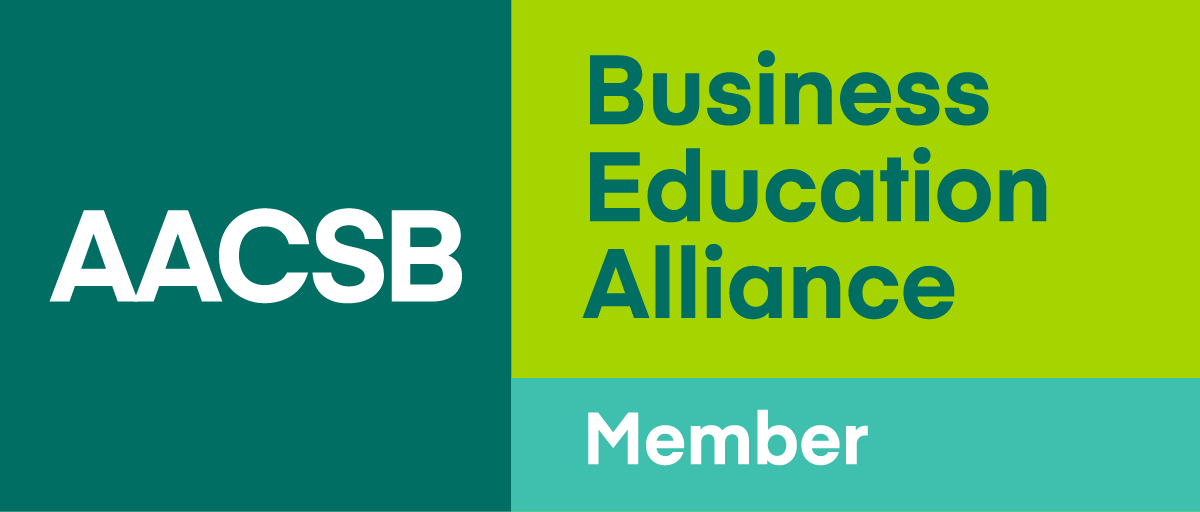【CM CSR】Media literacy to reveal the true nature of media
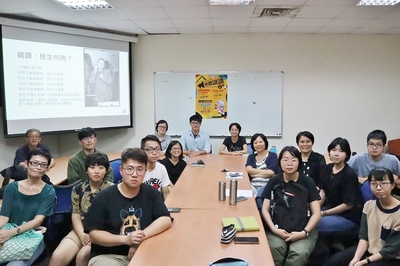
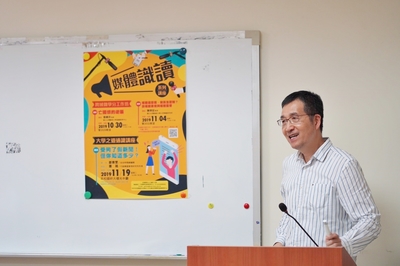
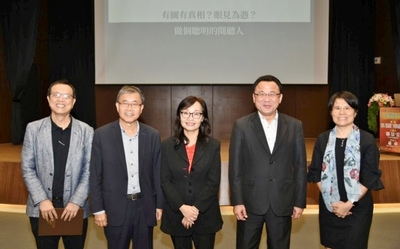
In this information age, we are exposed to tons of messages and information every day. How can we determine the value and veracity of all these? How can we make sense of the chaotic media landscape? In recent years, Taiwan citizens have gradually become more aware of the importance of media literacy, but they still only have a superficial understanding of the concept. Based on these observations, the Institute of Marketing Communication organized a Media Literacy Lecture Series in cooperation with Si Wan College (the virtual college responsible for general education in NSYSU). Numerous scholars and lecturers were invited to build up students’ media literacy through campus lectures, interactions, and exchanges. This lecture series was centered around three themes: “Combating the Sense of National Doom,” “What Can We Do About our Awful Media – Discussion of Media Literacy and Supervision,” and “Sick of Fake News? But What do You Really Know?” They attracted students and professors from all colleges and institutes.
Ms. Juan-Fen Zhang, who has observed social movements and human rights issues over a long time, was invited for the first lecture on “Sense of National Doom.” She described a collective anxiety also known as “Sense of National Doom” prevalent in Taiwan in the face of internal and external pressures and political uncertainties. She provided an in-depth analysis of the current situation between Taiwan and China and relevant factors in the dimensions of industry, politics, economy, national defense, cross-strait relations, culture, and media. Ms. Zhang pointed out that the future is not predetermined and that we should refrain from being paranoid or overly anxious or suspicious before we figure out the truth. People who cherish democracy in Taiwan still have significant leverage on Taiwan’s future and launch counterattacks against China’s attempts to influence Taiwan. She also stated that “freedom is not a gift from heaven and if we don’t protect it, we will lose it.” She stressed the fact that the “Sense of National Doom” is not a partisan belief but rather a democratic consciousness. She also expressed the hope that all Taiwanese will actively consider where Taiwan’s opportunities lie and what its values are. Finally, she argued that we need to identify our democratic awareness and foundation of our existence and be willing to fight for it.
The second lecture on the subtle relationship between media and audiences was delivered by Professor Ping-Hung Chen from the Graduate Institute of Mass Communication at National Taiwan Normal University. He pointed out that media are no longer solely considered money-making tools but are used increasingly as instruments in the quest for power. Generally speaking, media are engaged in a quest for power in politics, economy, and ideology. The media are therefore indirectly swayed and controlled by covert manipulations of newspaper and magazine circulations and click rates of Internet contents. Professor Chen stated that theoretically speaking media can be improved through three different approaches: self-discipline, law, and external discipline. Self-discipline is no longer a viable option and external discipline through NGOs has generally been dismissed as utopia. Government legislation and regulation, on the other hand, tends to raise deep apprehensions. The government should therefore not be authorized in a rash manner to interfere with media operations unless supported by public opinion. He concluded with the following appeal: “The only way to help the public respond to awful media rationally and smartly is to promote media literacy education, so that they could understand the role of media in a democratic society and construct their own news facts.”
The third lecture was about chaotic media landscape, which is clearly shown by the flood of fake news in recent years. Ms. Jing-Wen Zou, chief editor of Liberty Times was therefore invited to give a lecture on the topic “Sick of Fake News? But What do You Really Know?” In an age characterized by easy access to information, “quality” is significantly more important than “quantity.” Ms. Zou pointed out that China has been an expert in manufacturing false information since the Communist Revolution 100 years ago. She cites the example of fabricated news about an alleged plan to attack Taiwan spread by Chinese intelligence units and reported by Taiwanese media outlets. Despite the fact that this report was later revealed as fake news, it had already sparked panic among local citizens as a result of unverified reporting by the media. Ms. Zou also pointed out that media channel transformations represent a double-edged sword. The advantage of self-produced content lies in decentralization and greater diversity, while weak controls, decreasing quality, and diverging opinions are significant shortcomings. She further stressed that the careless spreading of any kind of false information which is misleading or taken out of context can cause a butterfly effect and generate a profound impact on individuals or social groups. In the face of fake news, we must constantly reflect on how to distinguish true from false information in a clear and impartial manner.
In the post-truth era, media literacy is a basic competency for all citizens. Gullible audiences are easily manipulated by mass media without being aware of it. The goal of this Media Literacy Lecture Series was to help audiences avoid falling into the trap of fake news and increase their competence through a two-pronged approach of media literacy enhancement and self-awareness.
(The above report about the Institute of Marketing Communication was originally in Chinese and written by Yun-Han Yeh, a student of the Institute)

